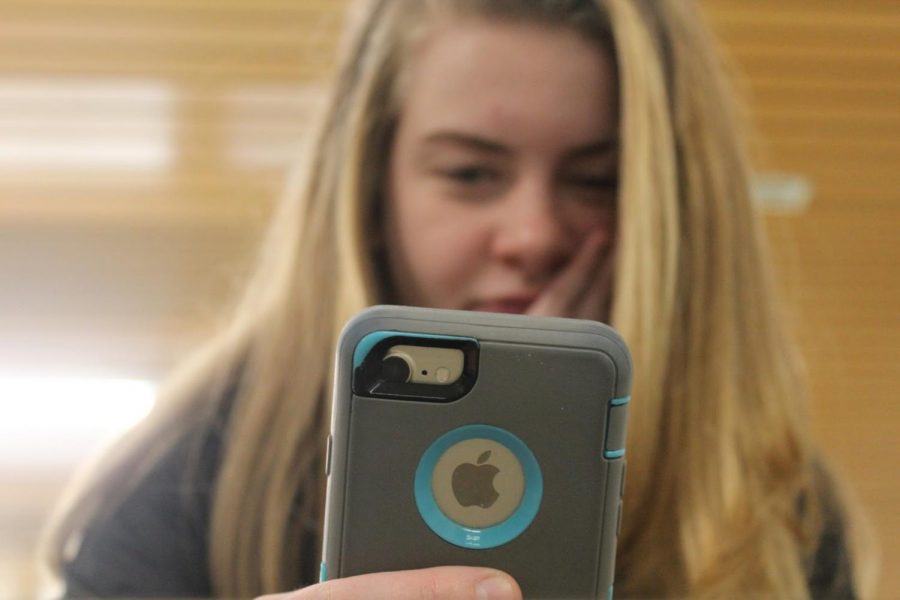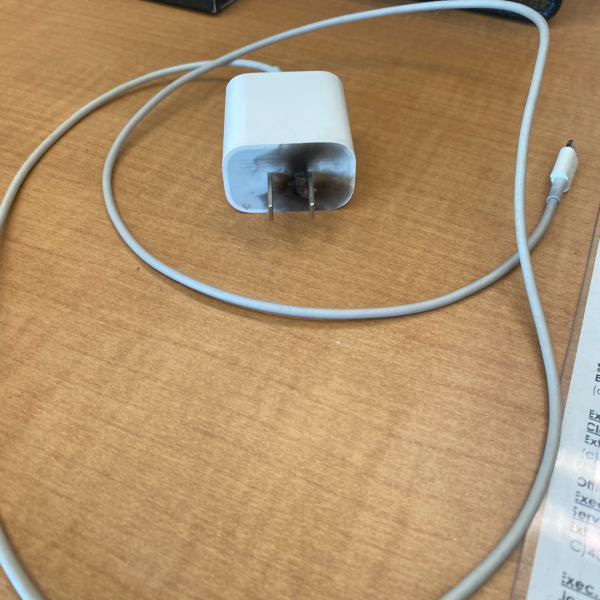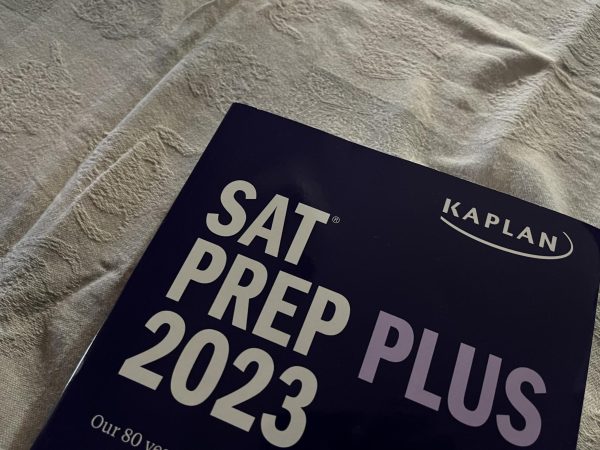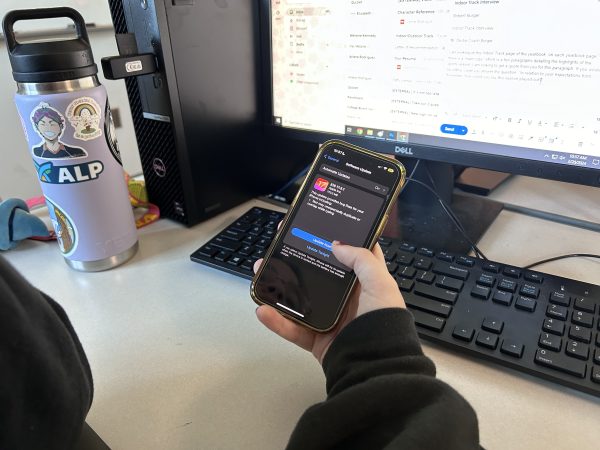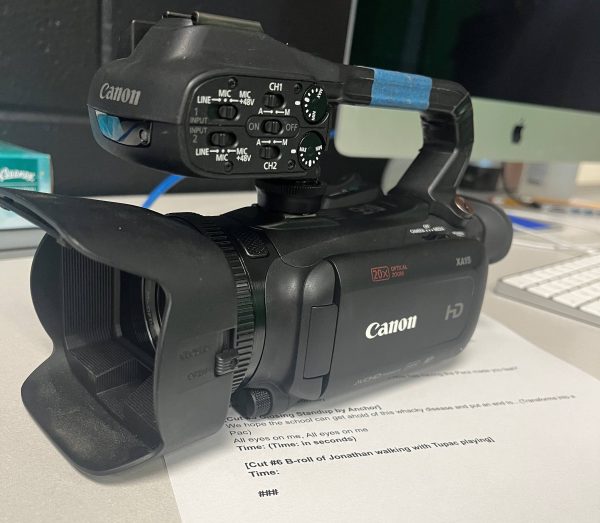Saying Goodbye to Phones?
Photo courtesy of Darnell Johnson
An FCHS student on her iPhone. Photo courtesy of Darnell Johnson.
If you think phone restrictions at FCHS are strict now, just wait until next year. Principal Margo Bruce recently announced that a stricter cell phone policy will be unveiled at FCHS next fall.
So what does that mean? In a recent interview, Bruce said that in the future policy,
phones “will be turned off and out of sight. Phones will not be allowed in the halls as well.” Like many teachers, Bruce said she has realized that the phone has become a distraction for many students, and noted that in other schools which have banned phones, students have done better academically. “If we follow the current policy, there would be no policy,” she said. “The phone has become a distraction, so it’s causing me to review other schools’ policies.”
Bruce said that students will still be allowed to have phones with them at school because she understands that there are after-school activities for which students may need their phones.
While the exact structure of next year’s cell phone policy is still being determined, many teachers appear to be in favor of the idea. One such educator is math teacher Jason Davis, who has been working with Bruce to put the new phone policy in place. “I think phones are distracting in a way students don’t realize. Students don’t realize how focused they are on their phones,” he said. His view appears to be a common one among many FCHS staff members, who have been asking for years for a stricter phone policy.
“I am for banning cell phones in the classroom and in the hallway. I do not see the necessity for phones in the classroom and hallway. It is teaching people to be anti-social,” said Chemistry teacher Rose Brogan.
“I think it’s a little extreme, honestly. Kids should be allowed to listen to music while they work. It’s only a couple of people who use them during class. Punish those people, not the rest of us,” said sophomore Joey Hagan. Indeed some feel that many of the problems that are happening with electronics are created by a small group of students who abuse the policy. Some believe that teachers should continue to be allowed to have their own rules on phones instead of banning their use school-wide.
“It is not going to work because there are too many kids, along with kids who have ADHD. They are allowed to have head phones during classwork and tests,” said freshmen Will Dudzik.
“I don’t think it is a good idea. We need phones to contact our parents and families or for emergencies. If they are worried about us using them without permission they should make the punishment of being caught using them harsher instead of banning them,” said freshmen Betsy Newton. Some students also believe that they should punish individual students rather than the whole school with a stricter policy.
“I think [the stricter policy] is unnecessary,” said junior Andrew Scida, who believes that electronics are not students’ only distraction. Many kids get distracted talking to their friends while others get distracted in classes with computers.
However, one argument in favor of phones is that they may actually help some students focus during class. Students doing independent work may find that having music playing while doing work can help them focus on their work. Some teachers will let students have music during a test, because it can help them calm down during a test and focus.
As of the current policy the staff is unsure about what will happen next. For now, Bruce said that the new policy may not be too different from the current “out of sight out of mind,” policy. Students will still be able to have their phones with them but put away in their backpacks.


